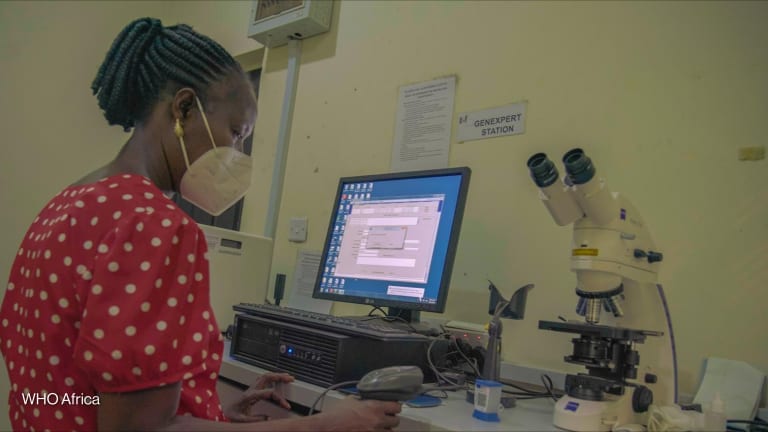As new technologies change how global development professionals approach their work, monitoring and evaluation in particular has already seen significant changes in how information is collected, analyzed, and shared.
Technology is being used a lot more in M&E work, said Natasha Beale, assistant director of the monitoring and evaluation unit at The Asia Foundation. Traditionally, M&E was much more paper-based and involved sending copies of reports back to donors or entering data into Excel, Beale explained. These processes were inefficient and not always accurate, she added.
What you see now, Beale continued, is more products for professionals to use for mobile data collection or, due to the increase in mobile penetration rates, more data coming directly from people on the ground via SMS or interactive voice response.
This article is exclusively for Career Account members.
Unlock this article now with a 15-day free trial of a Devex Career Account. With a Career Account subscription you will get:
- Full access to our jobs board, including over 1,000 exclusive jobs
- Your Devex profile highlighted in recruiter search results
- Connections to recruiters and industry experts through online and live Devex events








